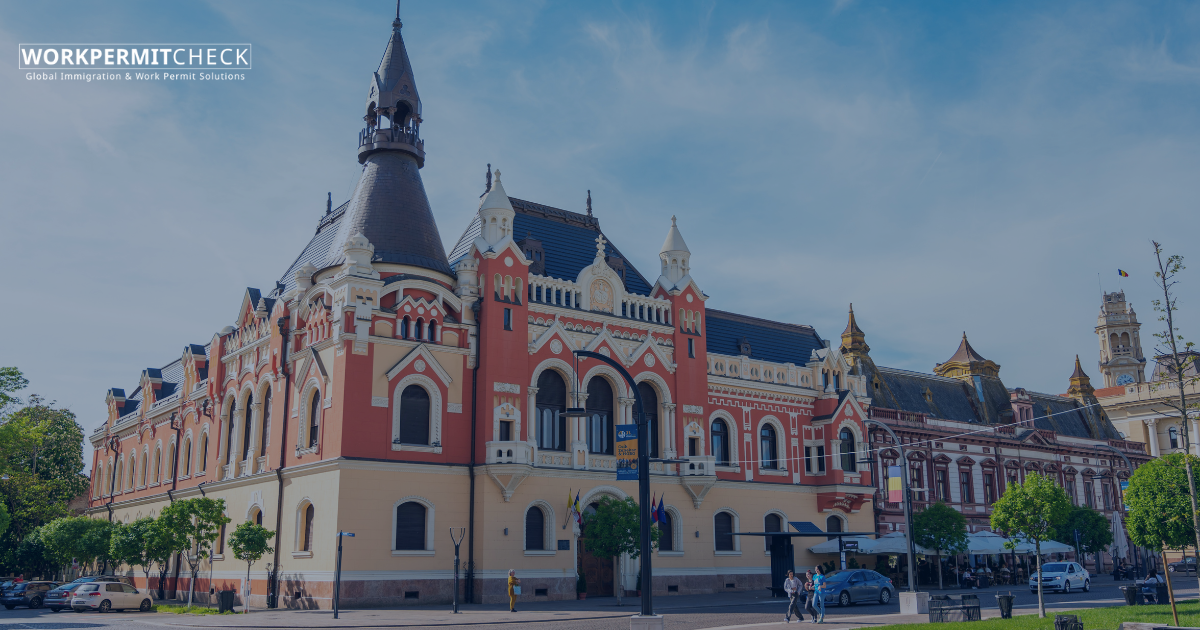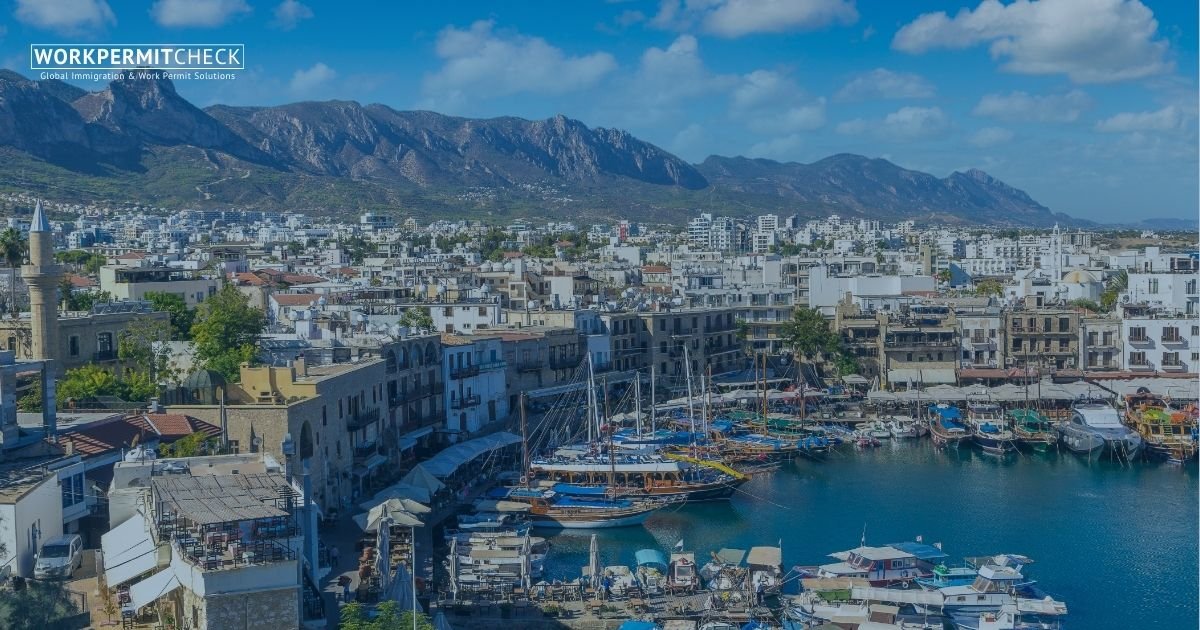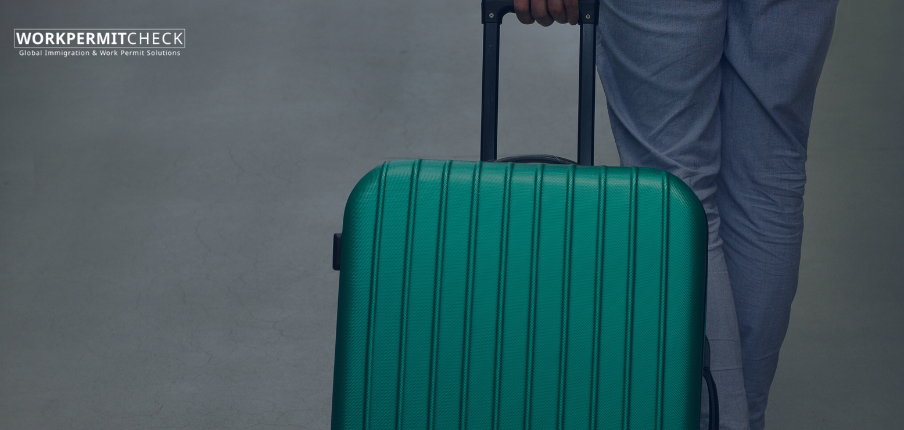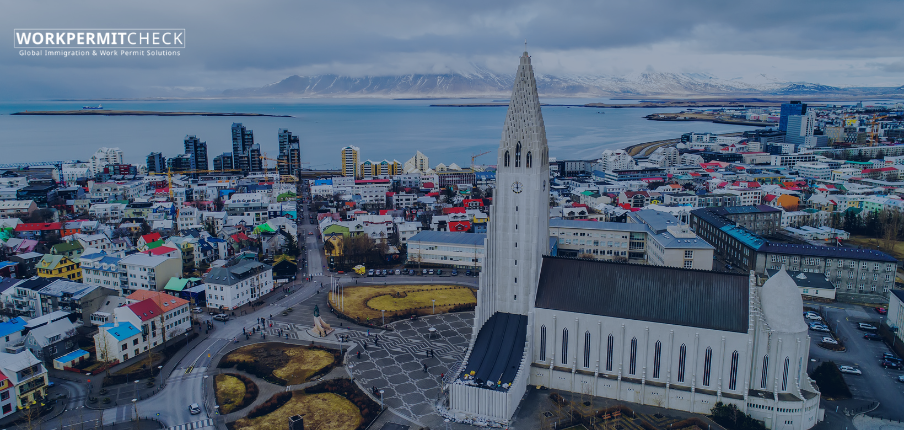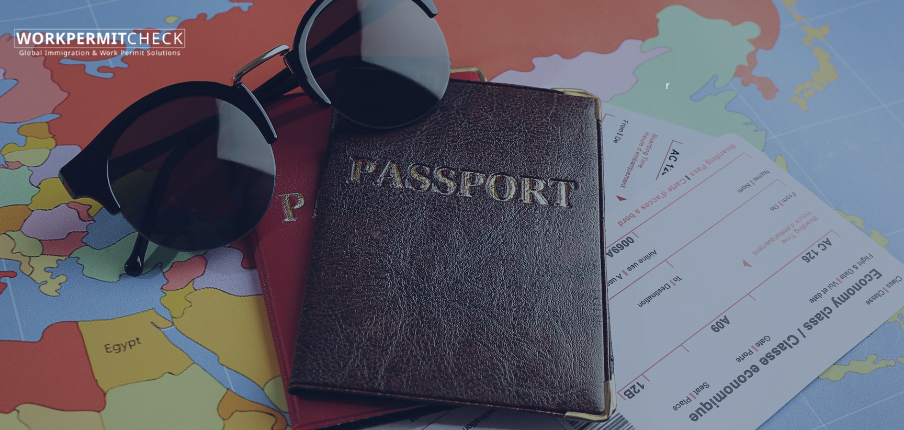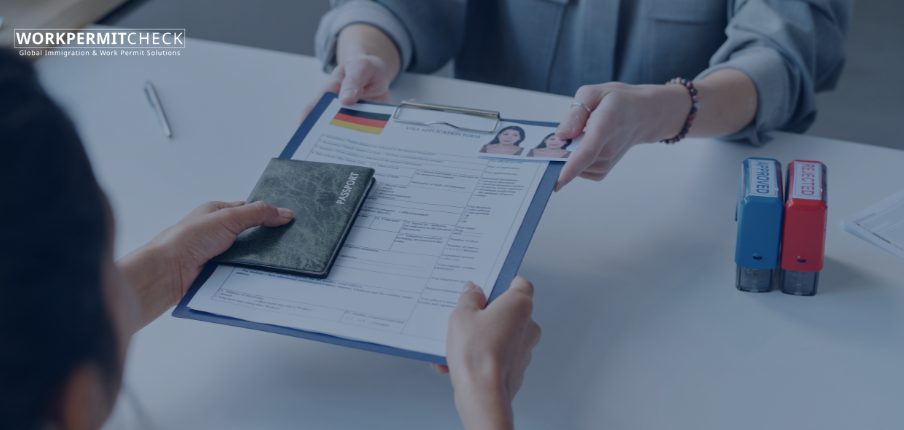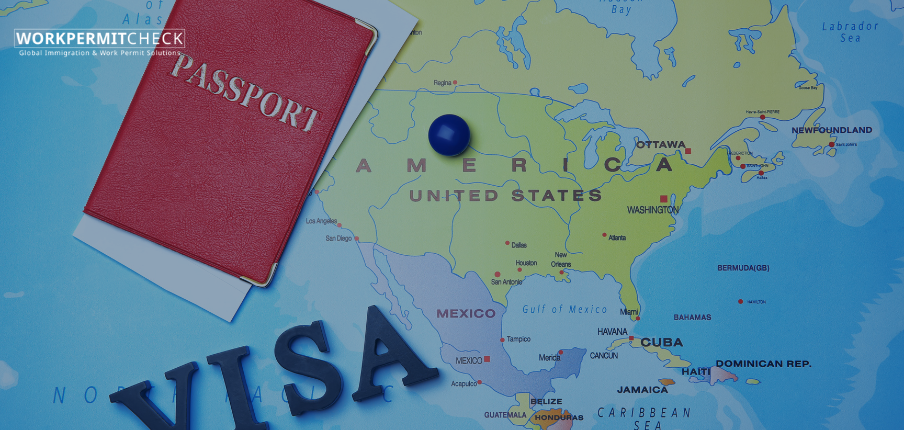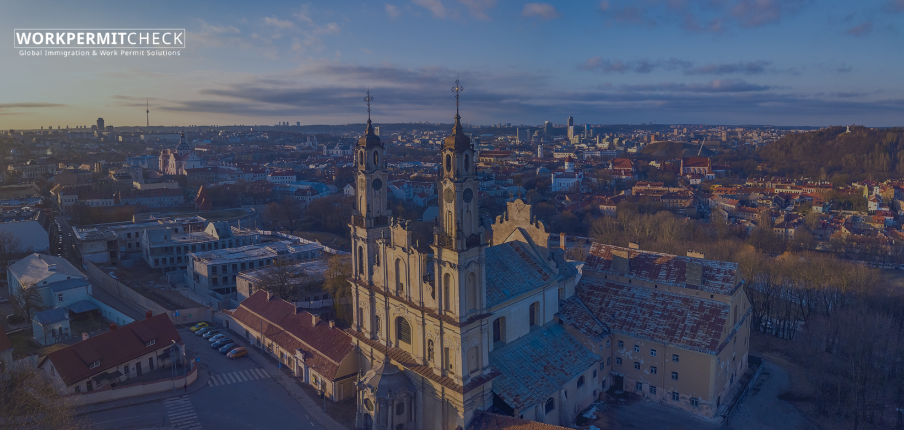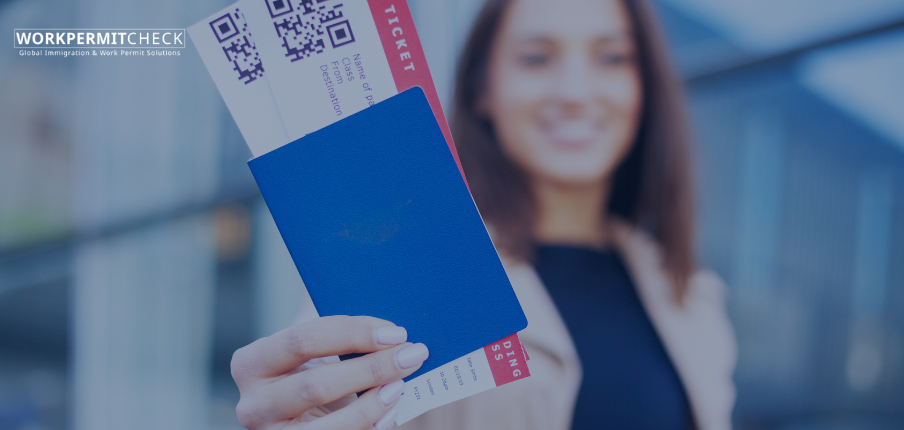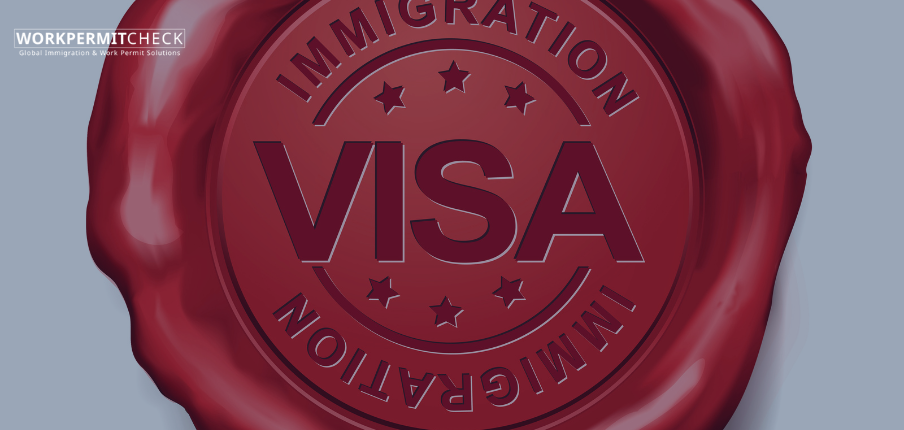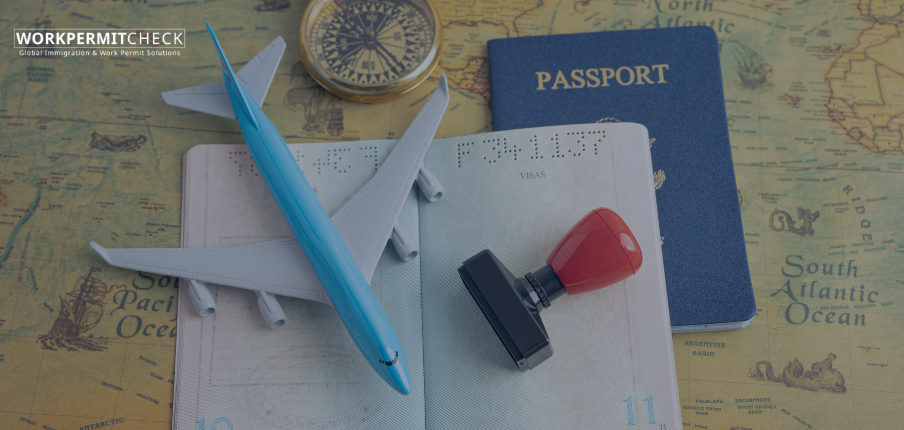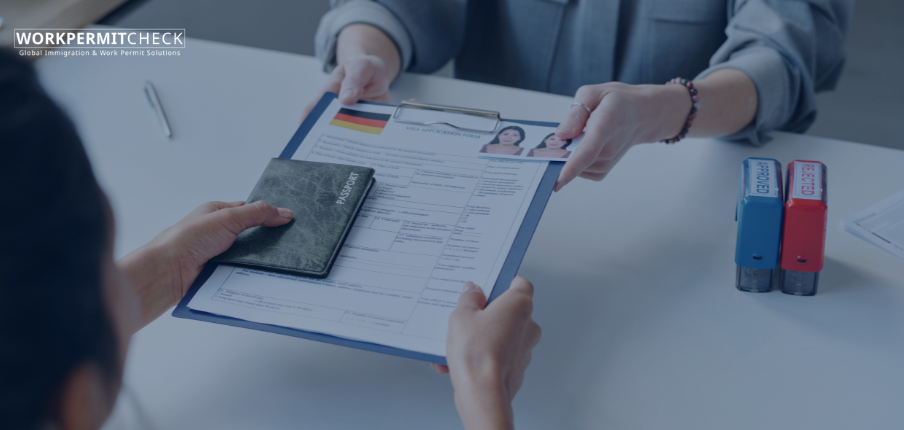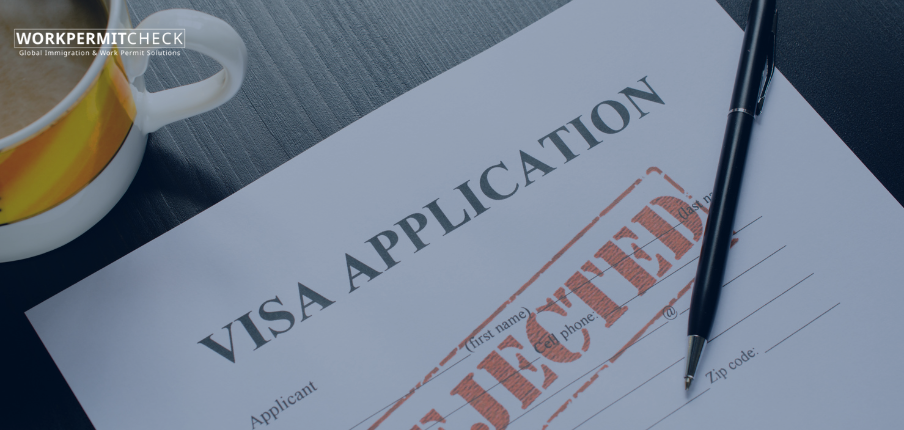Austria’s thriving tourism, hospitality, and agriculture sectors often depend on seasonal workers to meet demand during busy periods such as the winter ski season and summer harvest months. To regulate this demand, Austria has specific visa and permit rules for hiring foreign seasonal workers from non-EU countries.
If you are planning to work in Austria for a limited period as a seasonal employee, it is essential to understand how the system works and what requirements you must meet.
Who Needs a Seasonal Work Visa in Austria?
Seasonal work permits in Austria are mainly relevant for third-country nationals — that is, non-EU and non-EEA citizens. Citizens of the EU/EEA and Switzerland do not need a visa or work permit for seasonal employment in Austria due to free movement rights.
What Sectors Typically Hire Seasonal Workers?
Austria’s seasonal labor market mainly covers:
-
Winter tourism: ski resorts, hotels, restaurants, and guesthouses.
-
Summer tourism: alpine lodges, campsites, and hiking resorts.
-
Agriculture and forestry: harvest work, fruit and vegetable picking, wine production.
What is the Seasonal Work Permit?
Seasonal workers must apply for a Visa D combined with a seasonal employment permit (Saisonbeschäftigungsbewilligung). This permit allows you to enter Austria and legally work for a specific employer in a seasonal job.
Requirements for a Seasonal Work Permit
To qualify, you generally need:
-
A valid job offer: You must have a concrete employment contract with an Austrian employer in an approved seasonal sector.
-
Seasonal employment permit: The employer must apply for this permit through the Austrian Public Employment Service (Arbeitsmarktservice or AMS).
-
Quota availability: Seasonal permits are subject to quotas set by the Austrian government each year. Once the quota for a region or sector is filled, no further seasonal work permits will be granted for that period.
-
Visa D application: Once the seasonal employment permit is approved, you must apply for a Visa D at the Austrian embassy or consulate in your home country.
Duration of Stay
The seasonal work permit is usually valid for a maximum of six months within a twelve-month period. After your permit expires, you are required to leave Austria and may not immediately extend your stay for seasonal work again in the same calendar year.
Rights and Limitations
-
You can only work for the employer named in your permit.
-
Changing employers is generally not allowed while on a seasonal permit.
-
Seasonal workers are entitled to the same working conditions and pay as Austrian workers in similar roles.
-
You must have valid health insurance for the duration of your stay.
Quotas for Seasonal Workers
Austria sets annual quotas for seasonal workers by region and sector to protect the local labor market. These quotas are announced each year and are closely monitored by the AMS. Employers must demonstrate that the position cannot be filled by local or EU workers before hiring a third-country national.
How to Apply — Step by Step
-
Find an Employer: Secure a seasonal job offer with an Austrian company.
-
Employer Applies for the Permit: Your employer applies for the seasonal employment permit through the local AMS office.
-
Get Permit Approval: Once approved, you receive a confirmation letter from your employer.
-
Apply for Visa D: Submit your Visa D application at the Austrian embassy or consulate in your country, including your employment permit approval and other required documents.
-
Enter Austria and Start Work: Upon receiving the visa, you can travel to Austria and start your seasonal job.
Final Thoughts
Austria’s seasonal worker visa policy provides clear pathways for non-EU workers to legally take up short-term jobs in the country’s tourism and agricultural sectors. If you plan to work in Austria seasonally, make sure you understand the quotas, application timelines, and your rights and obligations to ensure a smooth and legal stay.
Disclaimer: This blog post is for general informational purposes only and does not constitute legal advice. Visa policies, quotas, and application requirements can change. Always consult the official Austrian immigration authorities or a qualified immigration advisor before making any decisions about working in Austria.
July 17, 2025














